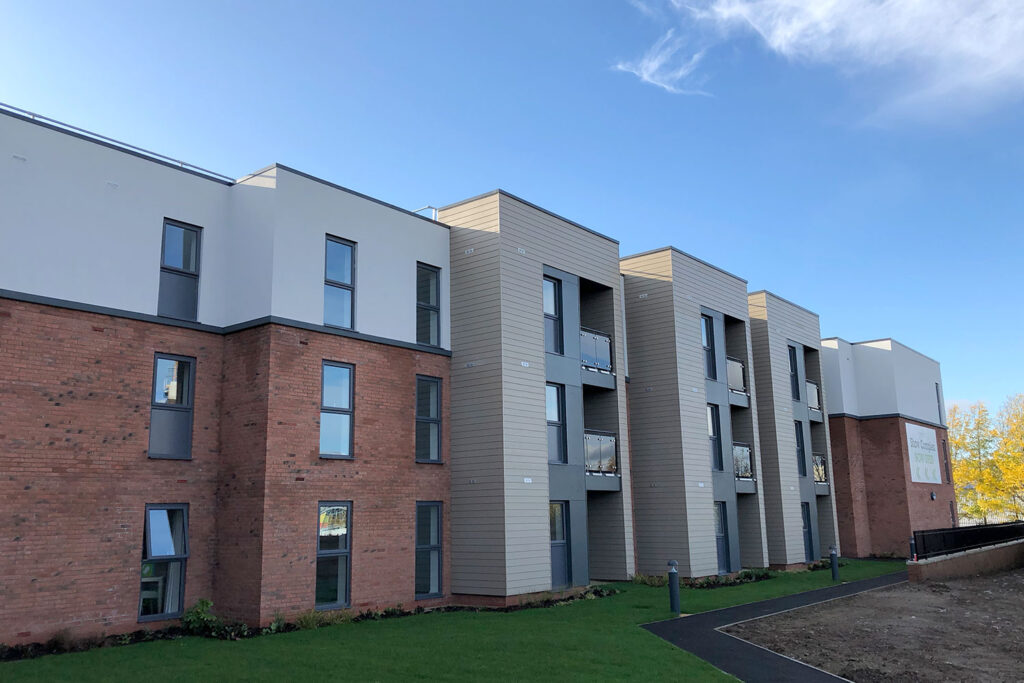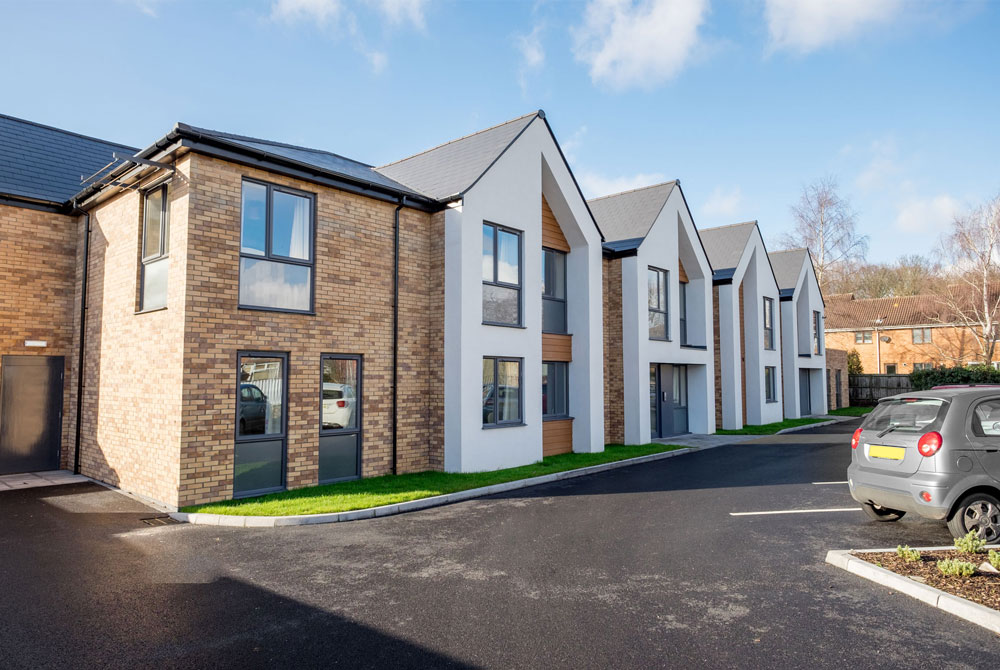In the realm of energy efficiency, the concept of “fabric first” has gained considerable traction, particularly in the United Kingdom. This approach prioritises the improvement of a building’s fabric, such as its walls, roof, windows, and doors, to enhance energy efficiency before considering other measures like high-tech heating systems or renewable energy sources. But why exactly is fabric first the preferred route, especially in the context of the UK’s energy landscape?
The Importance of Energy Efficiency in the UK
The UK has committed to ambitious targets for reducing carbon emissions, with a goal of achieving net-zero emissions by 2050. Buildings account for a significant portion of the country’s carbon footprint, making it imperative to improve their energy efficiency. Enhancing the energy performance of buildings not only reduces carbon emissions but also helps alleviate fuel poverty, enhances comfort levels, and decreases reliance on finite energy resources.
Enter the Fabric First Approach
Fabric first is a philosophy that emphasises the significance of a building’s fabric in achieving optimal energy efficiency. By focusing on improving insulation and thermal performance, fabric first aims to minimise heat loss and maximise heat retention within a building’s structure. This approach recognises that investing in a well-insulated and air-tight building construction provides long-term benefits in terms of energy savings and occupant comfort.
Benefits of Fabric First:
Cost-effectiveness: Investing in high-quality insulation and improving the building’s fabric may require an upfront investment, but it yields long-term savings on energy bills. Proper insulation reduces the need for heating, resulting in lower energy consumption and reduced energy costs over the lifetime of the building.
Comfort: A well-insulated and air-tight building maintains more stable indoor temperatures throughout the year, eliminating cold spots and draughts. This creates a comfortable living environment for occupants, enhancing their well-being and productivity.
Durability: Improving the fabric of a building enhances its structural integrity and longevity. Effective insulation and moisture management reduce the risk of condensation, dampness, and mould growth, thereby preserving the building’s materials and reducing maintenance requirements.
Health and Well-being: A properly insulated and ventilated home contributes to better indoor air quality by reducing the ingress of pollutants and allergens. This is particularly crucial for vulnerable populations, such as children and the elderly, who may be more susceptible to respiratory issues.

Case Study
Read our case study on Elizabeth Place, where we advised and installed insulation on this newly constructed Retirement Home.
Westville Group: Your Partner in Energy Efficiency
When it comes to implementing the fabric first approach in your home, partnering with a reputable and experienced company is essential. Westville Group is a leading provider of energy efficiency solutions in the UK, offering a comprehensive range of services to improve the insulation and performance of residential and commercial properties.
With a team of skilled professionals and a commitment to excellence, Westville Group assists homeowners in enhancing their properties’ energy efficiency through insulation upgrades and improvements, and other fabric-first measures. Whether you’re looking to retrofit an existing property or incorporate energy-efficient features into a new build, Westville Group can tailor solutions to meet your specific needs and budget.
By choosing Westville Group as your energy efficiency partner, you can benefit from:
- Expert guidance and advice on the most effective fabric-first measures for your home.
- High-quality insulation materials and installation services that adhere to industry standards and regulations.
- Energy assessments and audits to identify areas for improvement and maximise energy savings.
- Access to government incentives and funding schemes to offset the cost of energy efficiency upgrades.
In the pursuit of energy efficiency and sustainability, the fabric first approach stands out as a pragmatic and effective strategy, particularly in the UK context. By prioritising improvements to a building’s fabric, homeowners can achieve substantial energy savings, enhance comfort levels, and contribute to the fight against climate change. With the support of trusted partners like Westville Group, realising the benefits of fabric-first solutions becomes not just a possibility, but a practical and attainable goal for every homeowner.
To learn more about how Westville can help you make your home as energy efficient as possible, contact [email protected] or fill out the form below.

